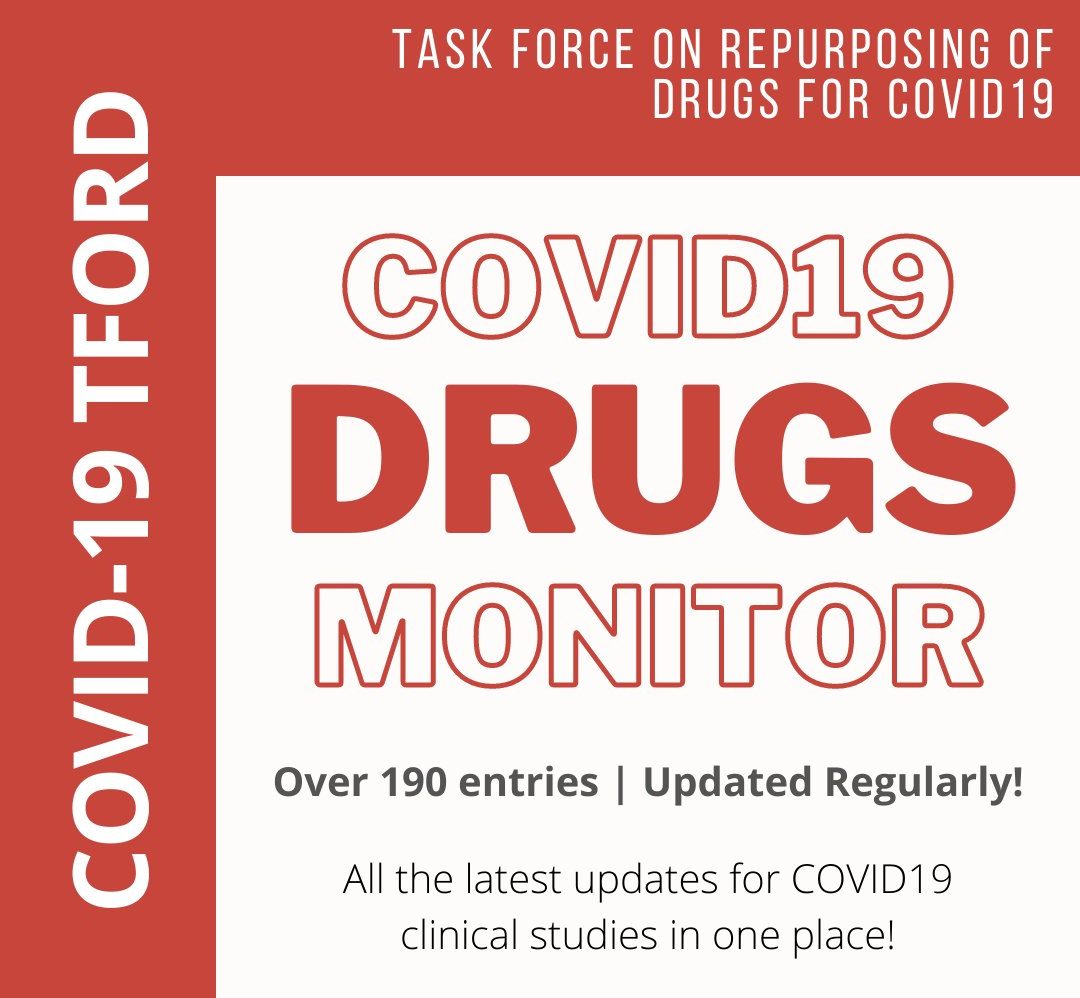(03 June 2020) Hydroxychloroquine- no significant benefit in postexposure prophylaxis
A Randomized Trial of Hydroxychloroquine as Postexposure Prophylaxis for Covid-19
https://www.nejm.org/doi/full/10.1056/NEJMoa2016638?query=featured_home
This is a randomized, double-blind, placebo-controlled trial (NCT04308668. opens in new tab)across the United States and parts of Canada testing hydroxychloroquine as postexposure prophylaxis. Within 4 days after exposure, participants were randomly assigned to receive either placebo or hydroxychloroquine (800 mg once, followed by 600 mg in 6 to 8 hours, then 600 mg daily for 4 additional days). The primary outcome was the incidence of either laboratory-confirmed Covid-19 or illness compatible with Covid-19 within 14 days. 821 asymptomatic participants were enrolled. Overall, 87.6% of the participants (719 of 821) reported a high-risk exposure to a confirmed Covid-19 contact. The incidence of new illness compatible with Covid-19 did not differ significantly between participants receiving hydroxychloroquine (49 of 414 [11.8%]) and those receiving placebo (58 of 407 [14.3%]); the absolute difference was −2.4 percentage points (95% confidence interval, −7.0 to 2.2; P=0.35). Side effects were more common with hydroxychloroquine than with placebo (40.1% vs. 16.8%), but no serious adverse reactions were reported. After high-risk or moderate-risk exposure to Covid-19, hydroxychloroquine did not prevent illness compatible with Covid-19 or confirmed infection when used as postexposure prophylaxis within 4 days after exposure.
